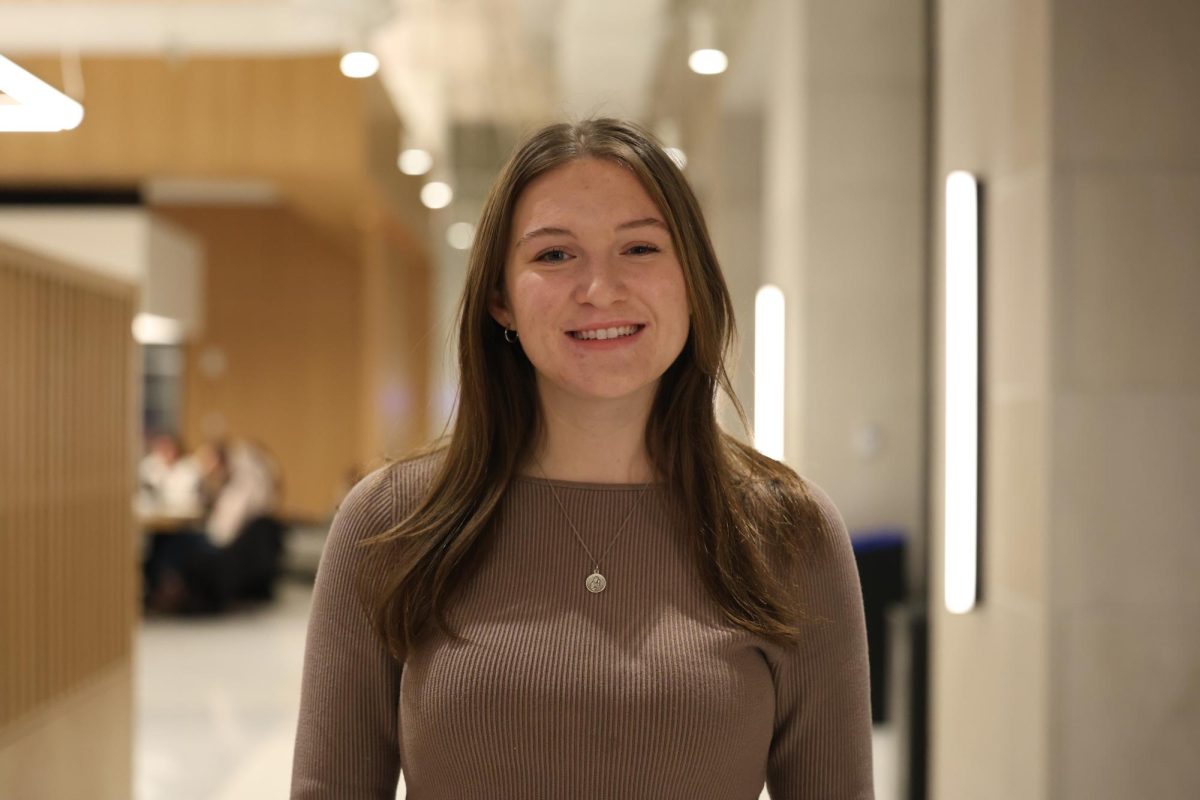April 30, 2025
When I took over as Editor-In-Chief (EIC) of The Fordham Ram earlier this year, I knew I wanted to make The Ram a safe space for students to learn and for new writers and editors to make mistakes and grow...
April 30, 2025
The first last is one of the hardest. B-52 felt austere when I stepped into my first staff role at the news desk. I didn’t expect the work to be easy, but I didn’t foresee the challenges that...
Pope Francis: A Figure of Peace and Justice
April 30, 2025
It is hard to think about what Pope Francis’ legacy will be when I don’t want to admit he’s gone. He was exactly what the Catholic Church needed — a progressive, accepting and loving head of the...
Social Security Nightmare: Someone Do Something
April 30, 2025
Every two years, particularly during the midterm or general election cycles, politicians use the words “Social Security” as a trigger to get voters in their 60s or older out to the polls. In the...
Bitter Truths: The Ethics of Chocolate
April 30, 2025
From Halloween loot, Valentine’s Day gifts and Easter baskets, to late-night stress-snacking during finals, chocolate is a universally-enjoyed piece of our lives. Behind the sugary allure and glossy...
Success Isn’t Straightforward: ADHD and the Struggle to Be Believed
April 30, 2025
People often assume that academic success and mental health challenges can’t exist side-by-side. I wish it were that simple. When I was in kindergarten, I was diagnosed with Attention Deficit Hyperactivity...
Fighting Oligarchy ONE Billionaire at a Time
April 30, 2025
Senator Bernie Sanders and Representative Alexandria Ocasio-Cortez are currently on a “Fighting Oligarchy” tour. But the timing of the tour seems off, especially given how the Democratic Party is hardly...
The Fordham Ram’s Summer To-Do List
April 30, 2025
It is somewhat of a tradition at The Fordham Ram to use the last editorial of the semester to offer up some suggestions for fun (and sometimes useful) things students can do during their upcoming summer...











April 2, 2025
Editorial Director
March 26, 2025
Editorial Director
February 26, 2025
Editorial
February 19, 2025
Editorial
February 12, 2025
Editorial
February 5, 2025

January 29, 2025

November 20, 2024
































































































































































































